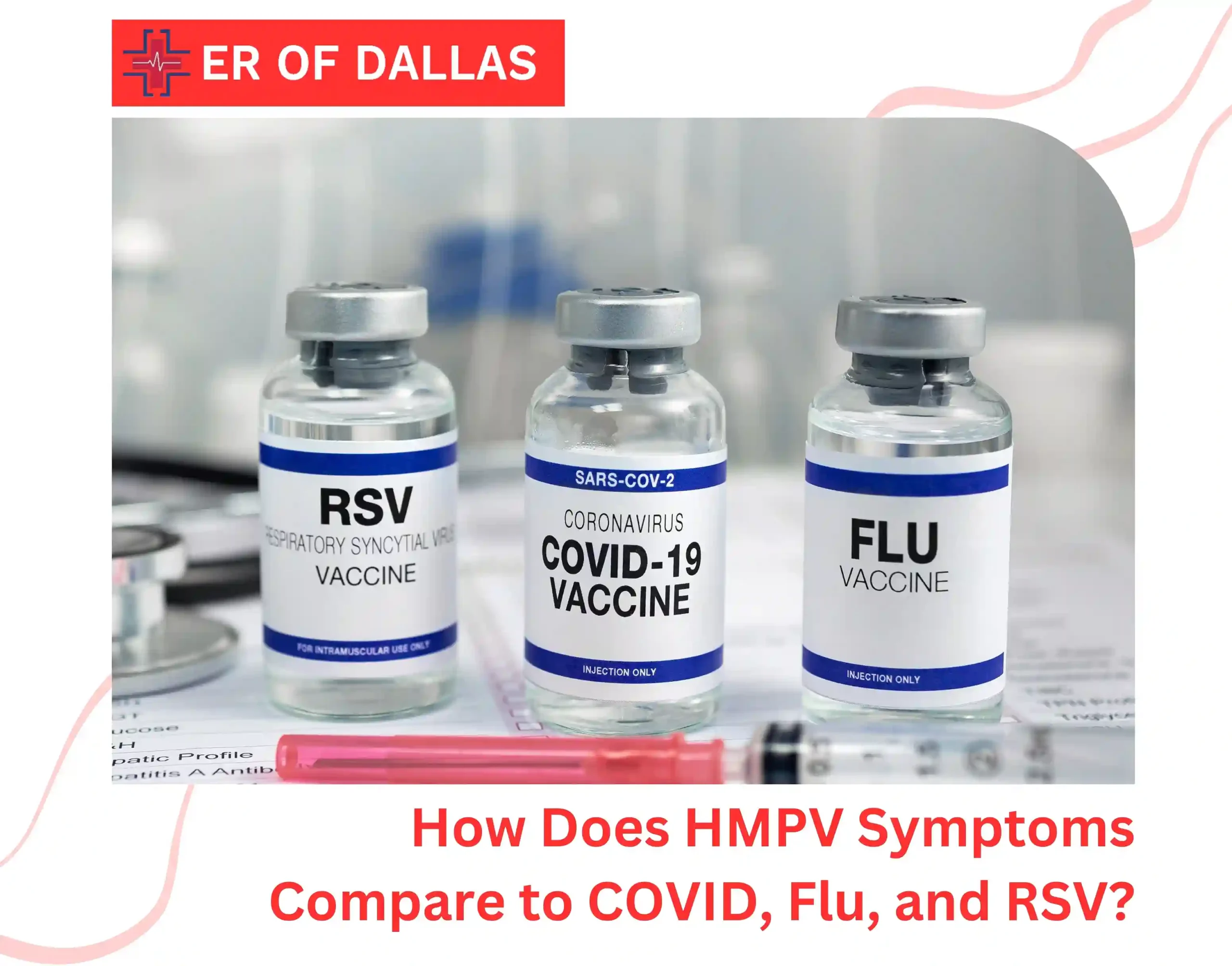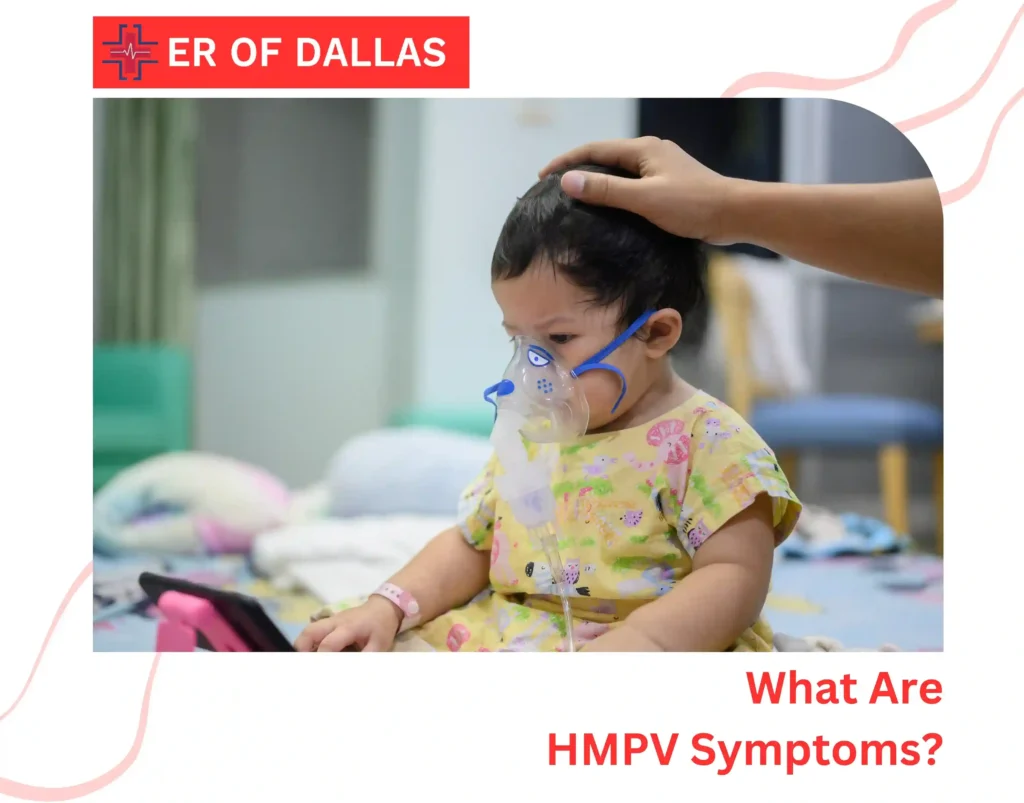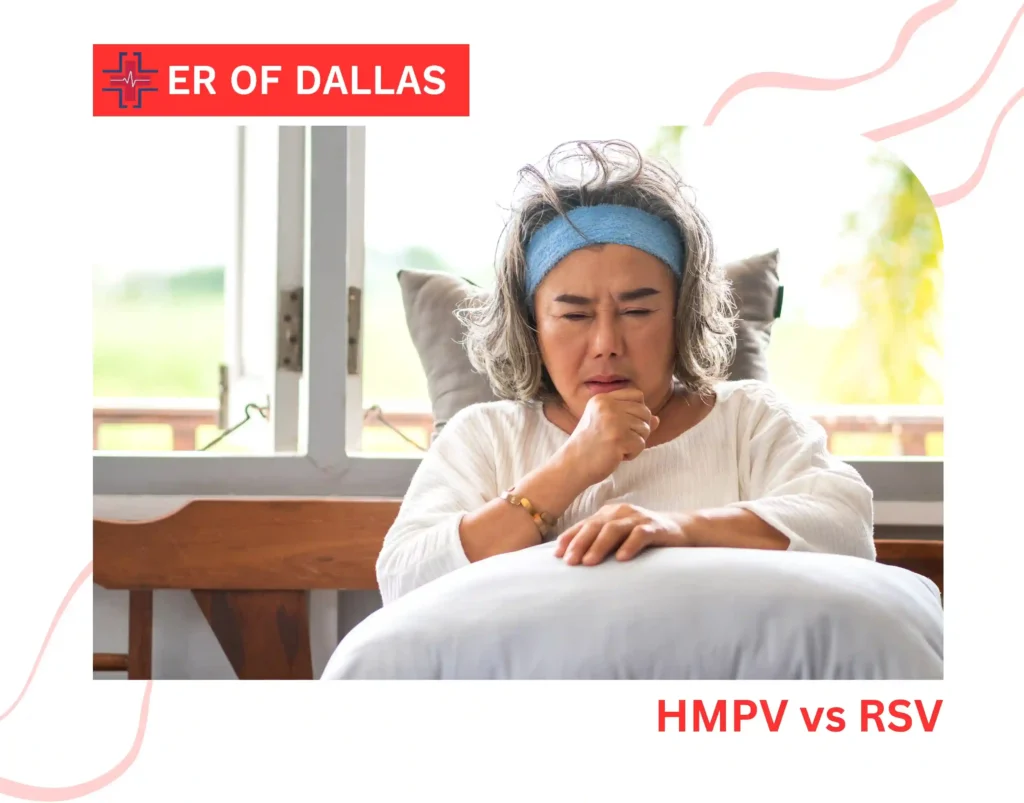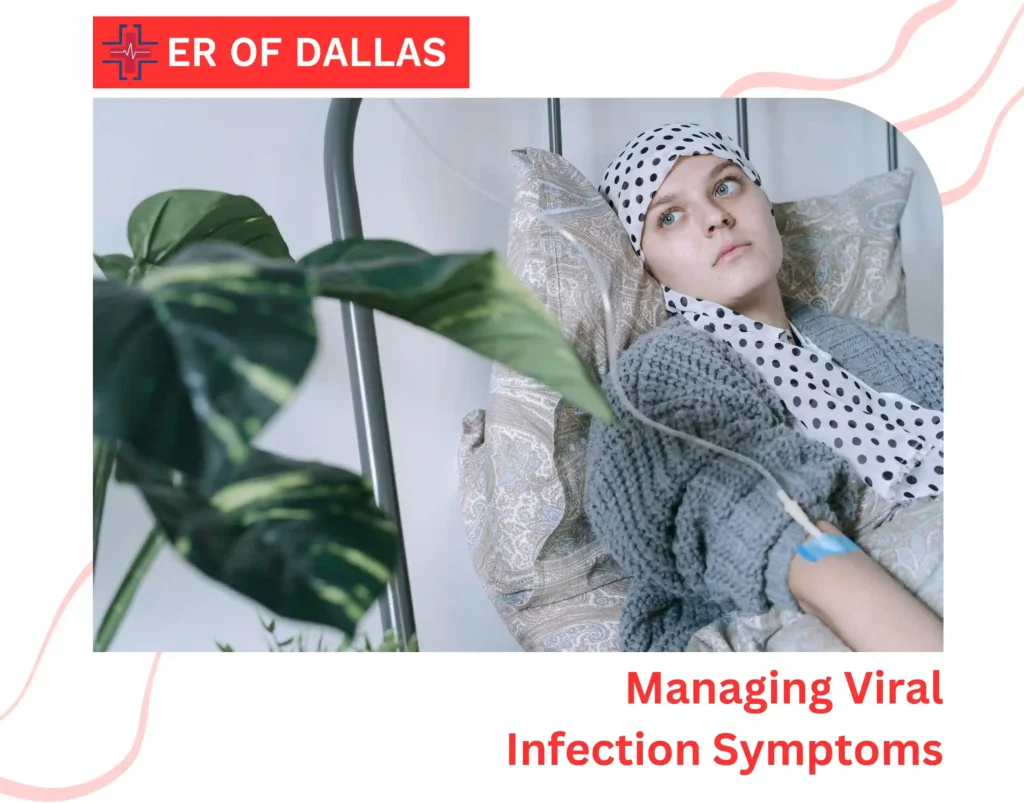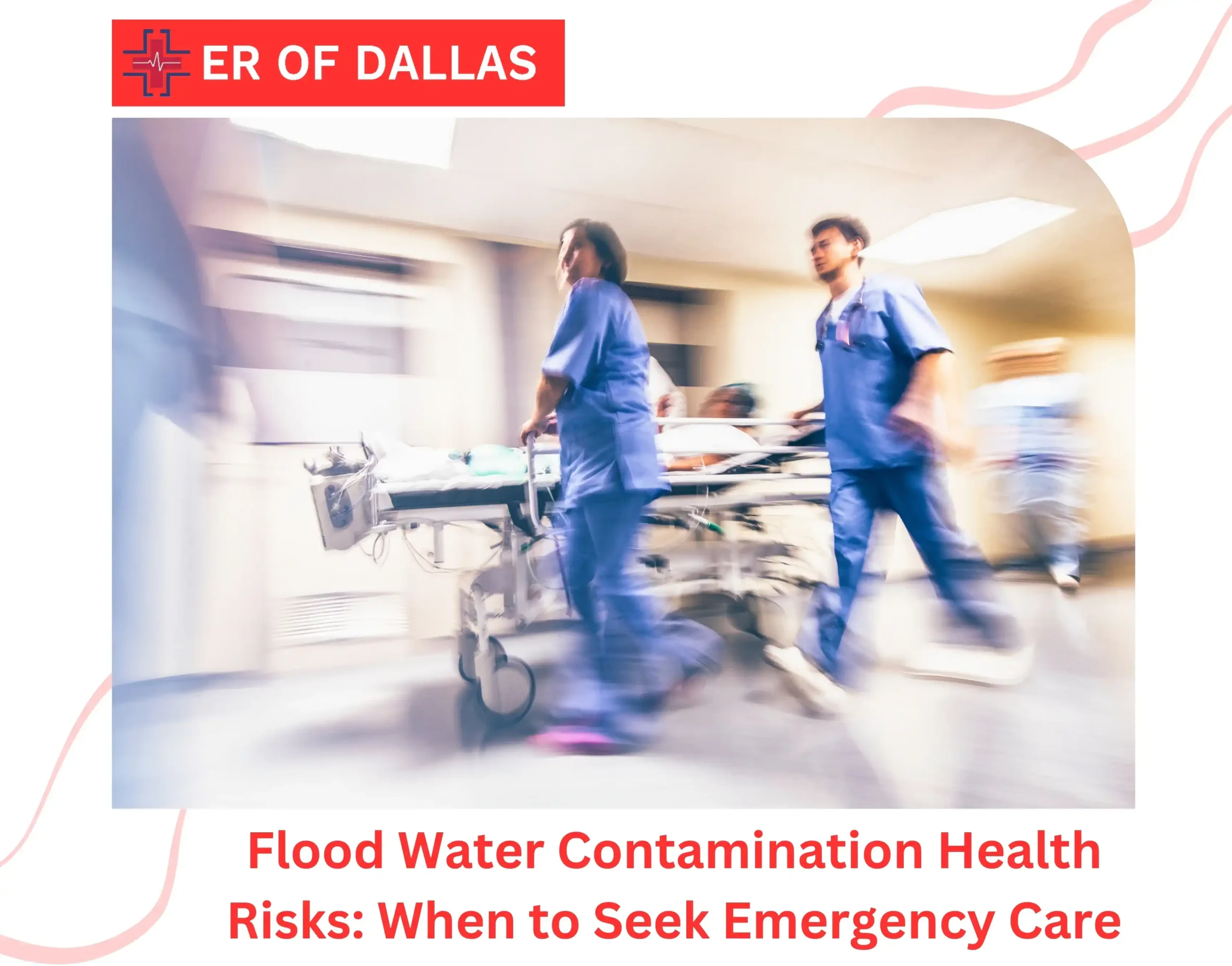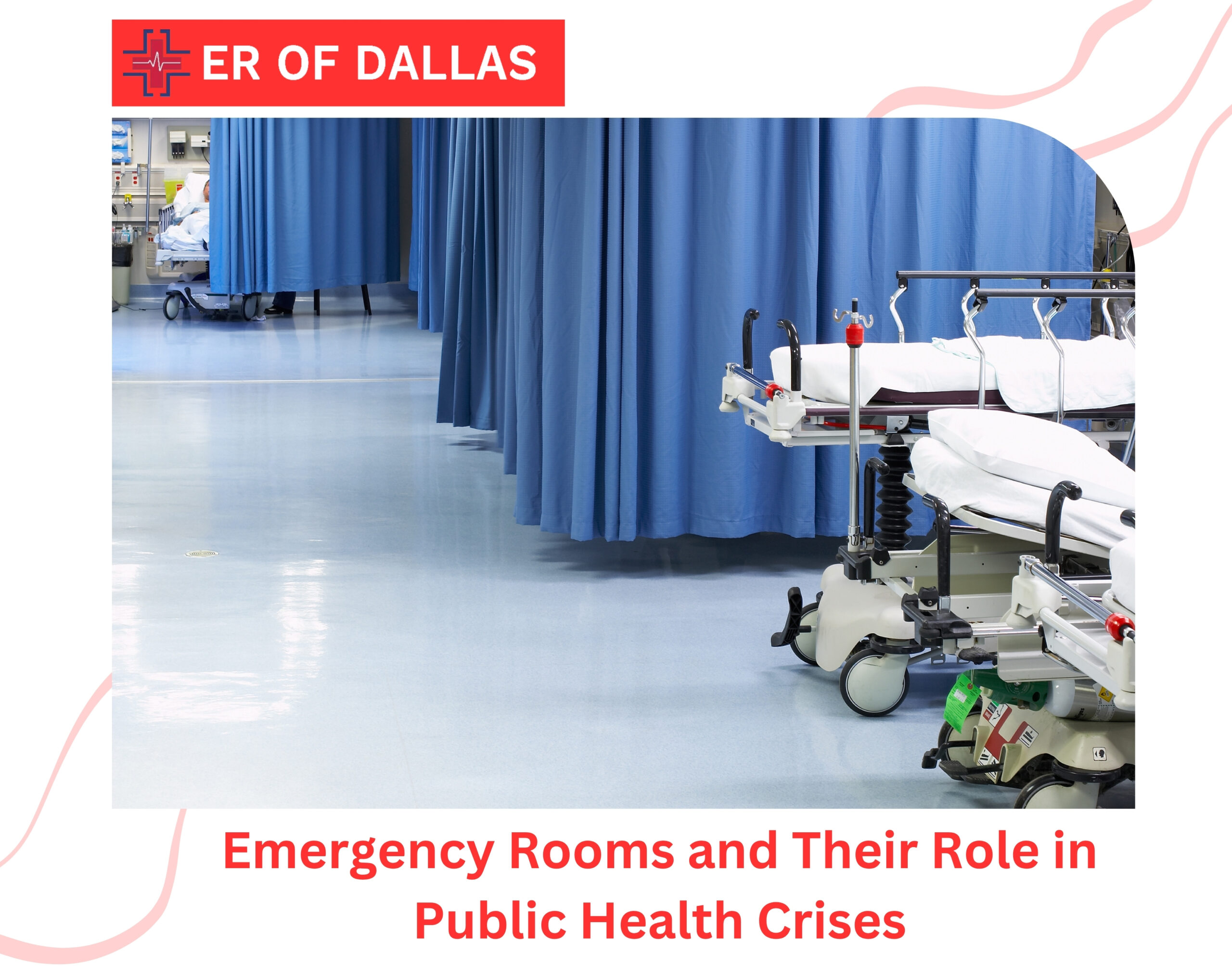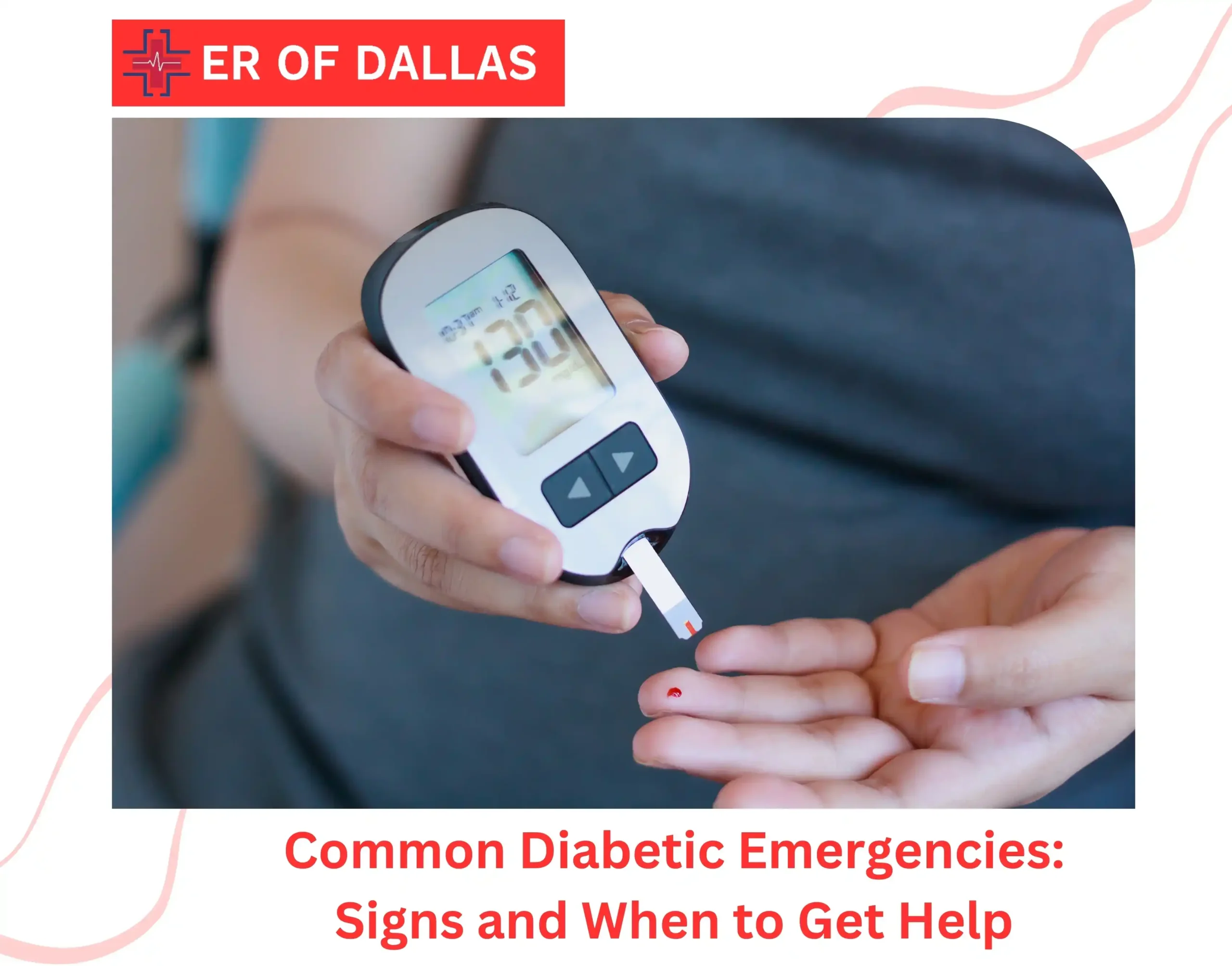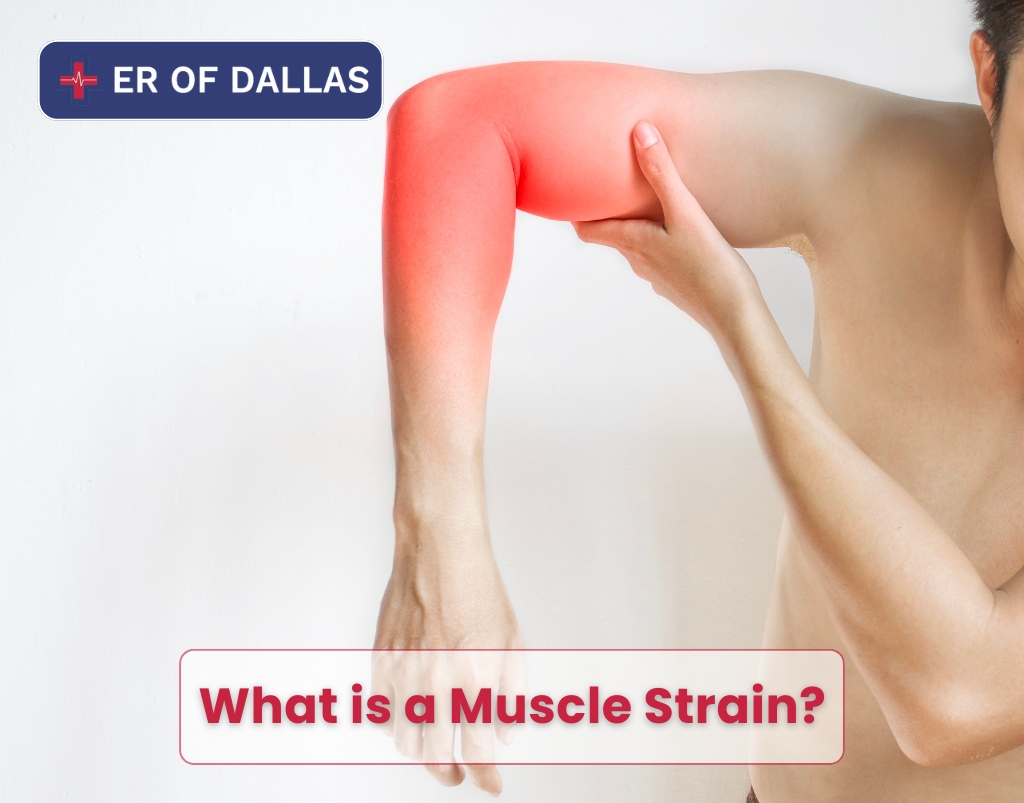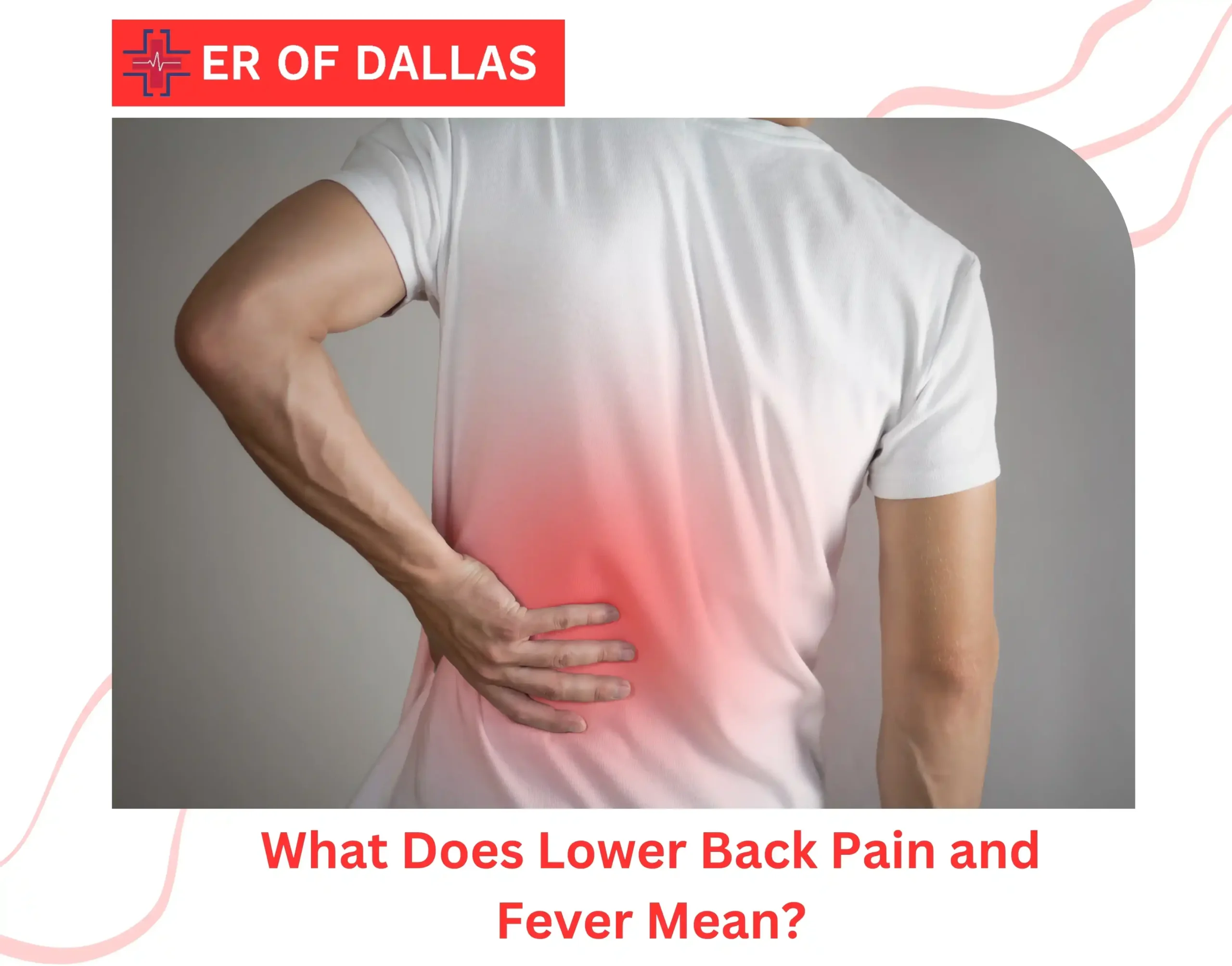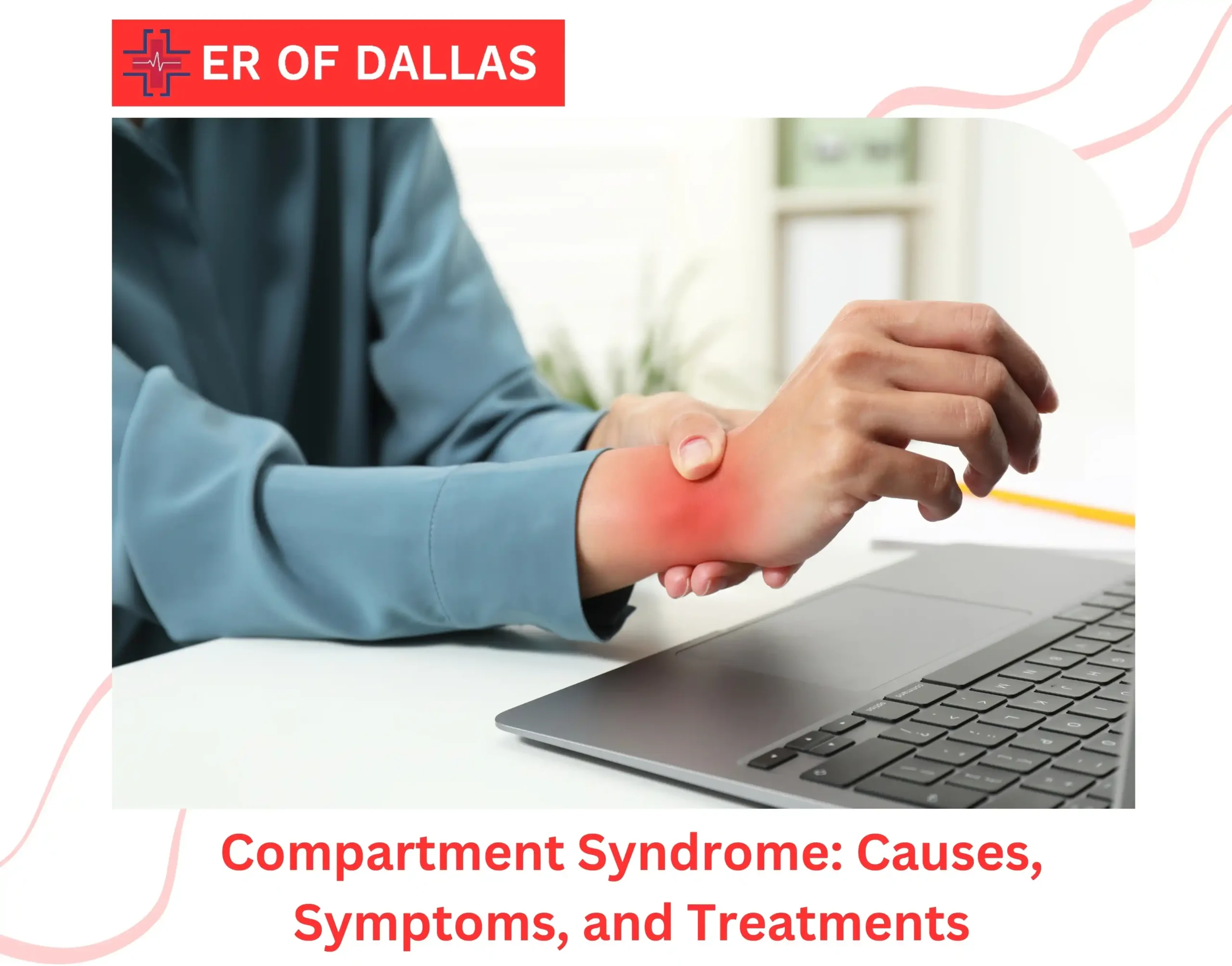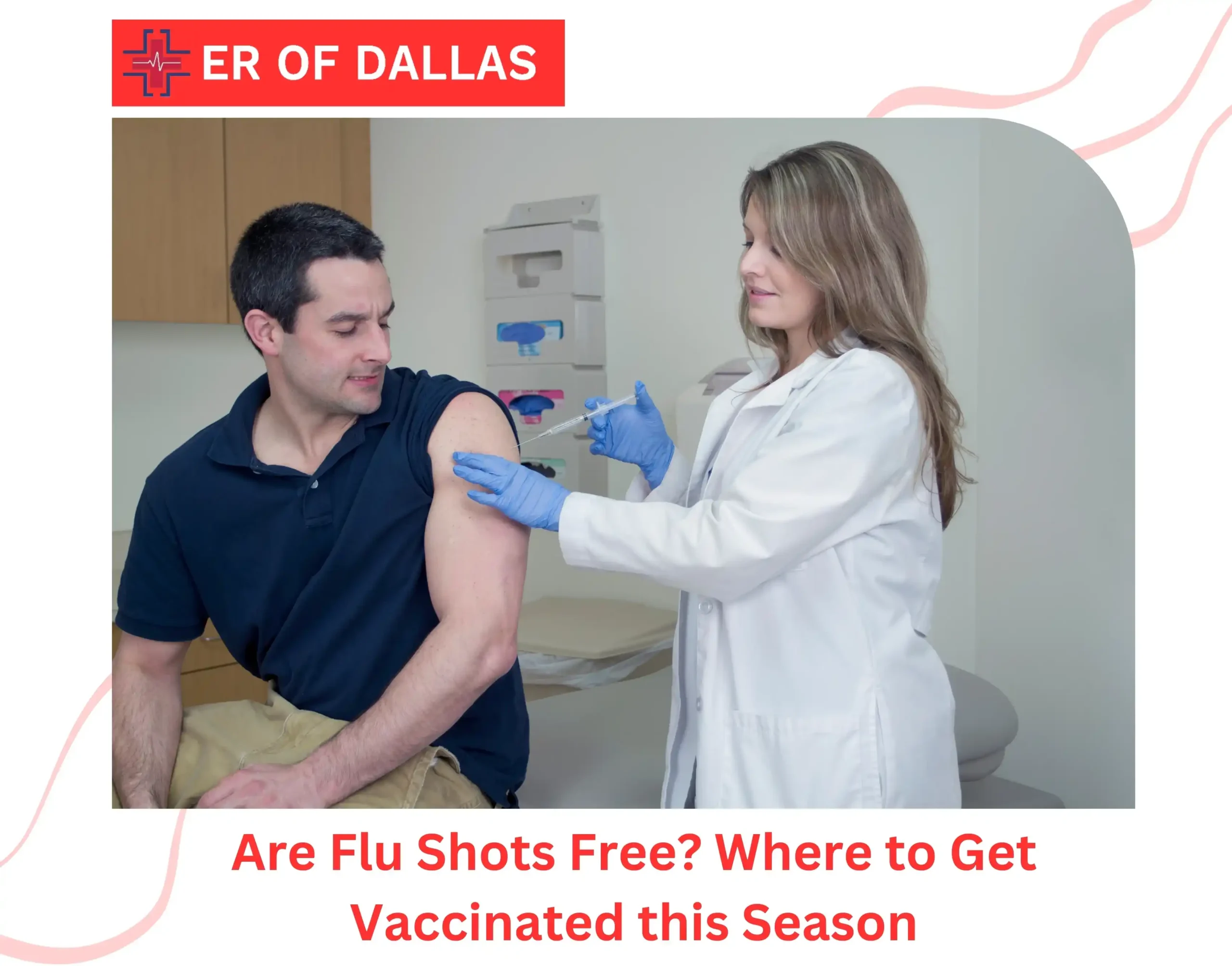Hospitals filled with masked patients are fueling concerns as respiratory illnesses continue to spread. Among them, Human Metapneumovirus (HMPV) is gaining attention. Unlike COVID-19, which shocked the world, HMPV has been quietly circulating for years, causing symptoms that often resemble the flu and RSV.
Fever, cough, and shortness of breath are common across these viruses, but HMPV symptoms have unique traits that set it apart. With cases climbing, understanding how HMPV compares to COVID-19, flu, and RSV is more important than ever.
Let’s take a closer look at the symptoms of HMPV and how they differ from other respiratory illnesses.
What Are HMPV Symptoms?
HMPV usually results in mild to moderate respiratory symptoms, but it can become serious for infants, older adults, and those with weakened immune systems.
Common symptoms include:
- Fever
- Cough
- Congestion
- Shortness of breath
- Sore throat
- Fatigue
In more severe instances, HMPV can cause bronchitis or pneumonia, which may necessitate medical treatment. For the majority of individuals, symptoms typically improve within 7 to 10 days, although recovery might take longer for those in high-risk categories.
HMPV vs COVID
Both HMPV and COVID-19 cause respiratory symptoms, but their effects and progression reveal important distinctions:
HMPV Symptoms
- Often mild in healthy individuals, presenting as cold-like illnesses.
- Rarely associated with systemic symptoms such as loss of taste or smell.
- Primarily affects young children, older adults, and immunocompromised individuals more severely.
COVID-19 Symptoms
- Vary widely, from no symptoms to severe respiratory distress.
- Commonly involves systemic symptoms like high fever, intense body aches, and the hallmark loss of taste or smell.
- May lead to prolonged complications, including Long COVID, impacting multiple body systems even after recovery.
When comparing HMPV vs COVID symptoms, the two viruses can cause issues like cough, fever, and breathing difficulty. However, COVID-19 tends to present with additional systemic symptoms, such as the loss of taste or smell, which are rarely seen with HMPV.
Another critical difference lies in the incubation period. HMPV symptoms typically appear within 4 to 6 days of exposure, allowing for quicker identification and containment.
In contrast, COVID-19 has a longer incubation window of 2 to 14 days, making its spread harder to predict and control. These contrasts not only shape how these viruses are diagnosed and managed but also highlight the unique challenges each poses to public health.
HMPV vs RSV
Both Human Metapneumovirus (HMPV) and Respiratory Syncytial Virus (RSV) cause respiratory infections, often with similar symptoms, but there are key differences in their severity, transmission, and impact:
HMPV Symptoms
- Typically causes mild to moderate respiratory symptoms in healthy individuals.
- Common symptoms include cough, fever, and shortness of breath, similar to the flu or common cold.
- More concerning for vulnerable groups like young children, elderly individuals, and those with weakened immune systems.
- Rarely causes severe complications but can lead to bronchiolitis or pneumonia in high-risk groups.
RSV Symptoms
- Often causes more severe respiratory distress, especially in infants and older adults.
- Symptoms also include cough, fever, and wheezing, but RSV is more likely to lead to hospitalization due to complications like bronchiolitis and pneumonia.
- While RSV can be mild in older children and healthy adults, it is a leading cause of hospitalization in infants.
Both HMPV and RSV are highly contagious, spread through respiratory droplets, and tend to peak during colder months. However, RSV is more likely to lead to widespread outbreaks and can spread more quickly, especially in families or healthcare settings.
HMPV typically has a shorter incubation period of about 4 to 6 days, while RSV has a similar period but can spread more rapidly within households and healthcare environments.
HMPV vs Flu
HMPV and the flu share flu-like symptoms, but there are notable differences in their onset and impact:
HMPV Symptoms
- Gradual onset, primarily affecting the upper respiratory system.
- Typically causes milder symptoms, similar to a cold or mild flu.
Flu Symptoms
- Sudden onset with chills, high fever, and body aches.
- More systemic effects, including headaches and fatigue.
- Flu vaccinations are widely available, while no specific vaccine exists for HMPV, making hygiene practices essential for prevention.
How Long Do HMPV Symptoms Last?
For most people, HMPV symptoms last about 7 to 10 days, with the worst symptoms occurring between days 3 and 5. High-risk groups may experience prolonged or severe symptoms requiring medical care. Recovery times are similar to RSV and shorter than moderate-to-severe flu or COVID-19 cases.
Managing Viral Infection Symptoms
Regardless of the virus, symptom management often includes:
- Hydration: Drink plenty of fluids to stay hydrated.
- Rest: Allow your body to recover by getting adequate rest.
- Over-the-counter medications: Use medications to relieve fever, congestion, and other discomforts.
- Monitoring: Keep track of your symptoms, and seek medical attention if they worsen, such as with difficulty breathing or a high fever.
- High-risk individuals: Consult healthcare providers promptly, particularly during outbreaks.
Key Takeaway
Understanding how HMPV symptoms compare to COVID-19, flu, and RSV is essential for proper diagnosis and treatment. While HMPV tends to cause milder, cold-like symptoms in healthy individuals, COVID-19, flu, and RSV can present with more severe respiratory distress, particularly in high-risk groups.
At ER of Dallas, we provide 24/7 emergency care for respiratory illnesses. Our on-site laboratory testing services include diagnostics for COVID-19, strep throat, mono, rapid flu test, and more—all available any time you need them.
FAQs
Is HMPV a viral infection?
Yes, HMPV (Human Metapneumovirus) is a viral infection that primarily affects the respiratory system. It belongs to the same family of viruses as RSV and can cause infections ranging from mild cold-like symptoms to severe respiratory problems.
Do you need antibiotics for HMPV?
Antibiotics are not effective against HMPV as it is a viral infection. Treatment focuses on symptom management and supportive care.
Which tablet is best for viral infection?
There isn’t a single “best” tablet for all viral infections, as it depends on the specific virus. Always consult a healthcare provider for the appropriate medication for your condition.
How do you flush out a viral infection?
To help your body fight off a viral infection, focus on rest, hydration, and supportive care. Drink plenty of fluids, get enough sleep, and consult a doctor if needed.

